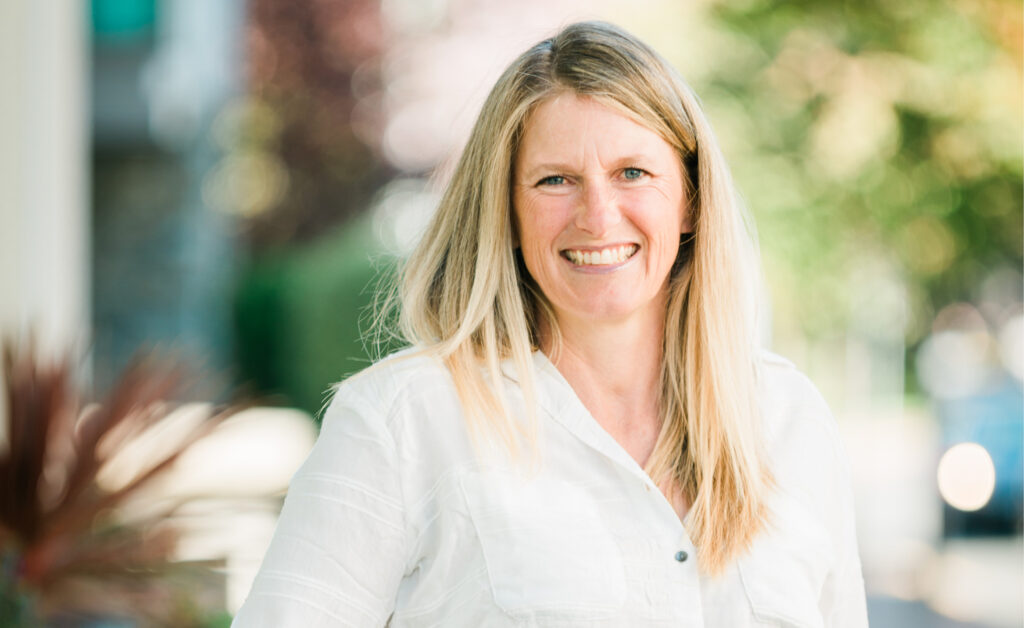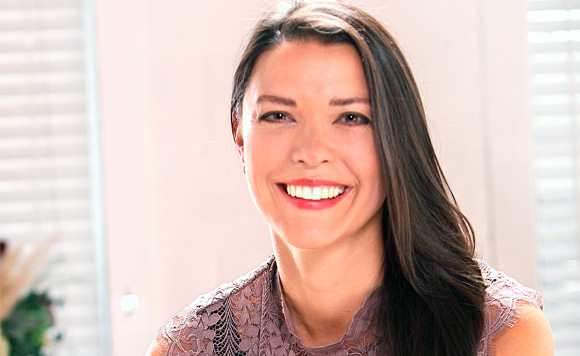With all due respect to my fiancé, two years ago I found out I was just eight months away from meeting the real love of my life.
On February 15th, 2014 we celebrated Valentine’s Day with the wonderful news that I was pregnant with our now-15-month-old daughter Tessa. We were thrilled (and scared!), and when I finally saw that tiny scrunched-up face it was love at first sight.
The love has only grown from there. Being a mom is challenging, exhausting and frustrating, but ultimately awesome. That’s what true love should be: not always perfect, but always the thing that inspires you to be a better person. Watching Tessa change and grow every day has brought me more joy than I ever thought possible. We are infatuated with each other. The best part is knowing she loves me just as much as I love her – sometimes she’ll look at me, her eyes will get that glassy look and she’ll come in for a big smooch … or 10. We just can’t get enough of each other.
The chemistry behind this mother-and-baby love has recently started to be explored by scientists.
While pregnant, “your body is already laying the foundation for a strong emotional bond. As your due date nears, your brain starts producing more and more oxytocin, a hormone that literally helps bring out the mother in you. This single hormone is like a switch that turns on parental instincts … When you finally get to hold your baby, you’ll be practically swimming in the hormone. Oxytocin can break through your exhaustion and pain to give you a feeling of euphoria and intense love.” (http://tinyurl.com/h78e55t).
The oxytocin that’s been coursing through my body since early pregnancy must be what keeps me going through the sleepless nights, early mornings and temper tantrums …
ain’t love grand?
Things I Learned This Month:
Globally, an estimated 350 million people of all ages suffer from depression. It is the leading cause of disabililty worldwide. (p. 11)
The eight, eight-ounce glasses of water per day plan isn’t for everyone. Aim for half your body weight in ounces. For example: a 150lb person needs two litres every day, not including what you sweat out. (p. 12)
The average Canadian family spends $35.71 of every $100 of net income on their vehicle. (p. 41)




